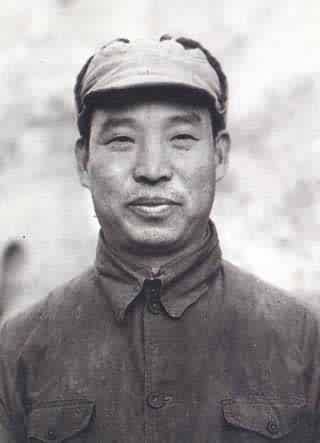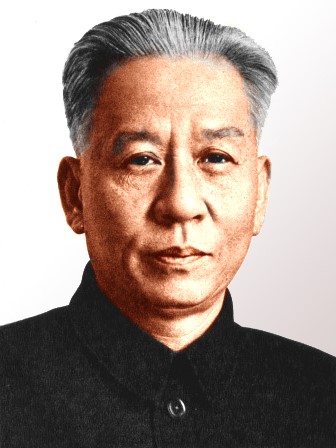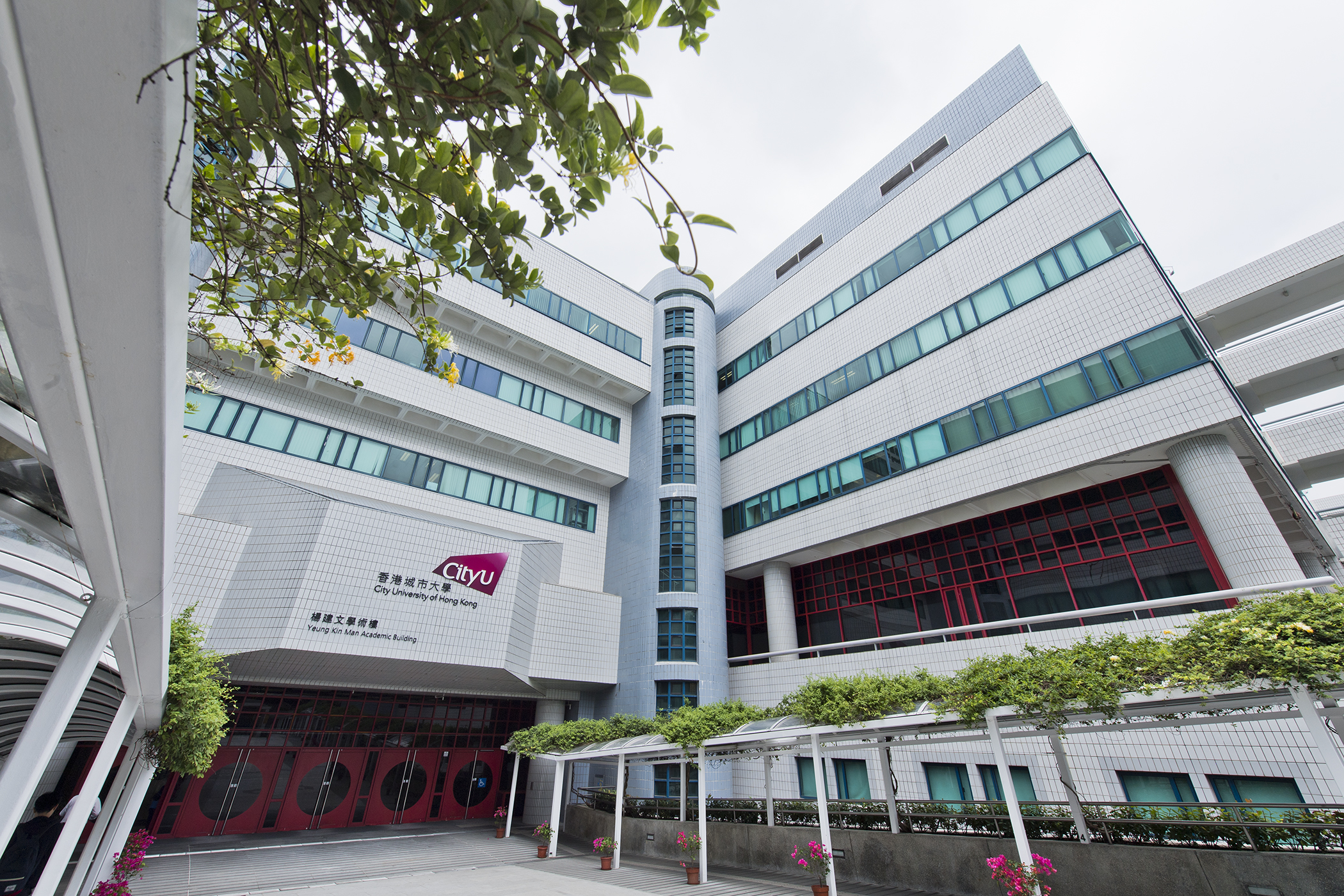|
Presidium Of The National People's Congress
The presidium of a session of the National People's Congress of the People's Republic of China is the presiding body of the National People's Congress (NPC). Composition It is composed of 178 senior officials of the Chinese Communist Party (CCP), the state, non-Communist parties and All-China Federation of Industry and Commerce, those without party affiliation, heads of central government agencies and people's organizations, leading members of all the 35 delegations to the NPC session including those from Hong Kong, Macao, Taiwan and the People's Liberation Army. The presidium is elected during a meeting preceding the sitting of a new session of the NPC, which is presided over by the outgoing Standing Committee of the NPC. In practice, the Standing Committee of the National People's Congress drafts a list of candidates, then presides over a preparatory meeting of the NPC that revises and approves the list. After the Presidium has been elected, it presides over the rest of the N ... [...More Info...] [...Related Items...] OR: [Wikipedia] [Google] [Baidu] |
National People's Congress
The National People's Congress of the People's Republic of China (NPC; ), or simply the National People's Congress, is constitutionally the supreme state authority and the national legislature of the People's Republic of China. With 2,980 members in 2018, it is the largest legislative body in the world. The National People's Congress meets in full session for roughly two weeks each year and votes on important pieces of legislation and personnel assignments among other things, and due to the temporary nature of the plenary sessions, most of NPC's power is delegated to the Standing Committee of the National People's Congress (NPCSC), which consists of about 170 legislators and meets in continuous bi-monthly sessions, when its parent NPC is not in session. As China is an authoritarian state, the NPC has been characterized as a rubber stamp for the Chinese Communist Party (CCP) or as only being able to affect issues of low sensitivity and salience to the Chinese regime. Mo ... [...More Info...] [...Related Items...] OR: [Wikipedia] [Google] [Baidu] |
President Of The People's Republic Of China
The president of the People's Republic of China, commonly called the president of China, is the head of state and the second-highest political office of the People's Republic of China. The presidency is constitutionally a largely ceremonial office with very limited power in China's political system. However, the post has been held by the General Secretary of the Chinese Communist Party and Chairman of the Central Military Commission since 1993, who is China's ''de facto'' leader. The presidency is officially regarded as an institution of the state rather than an administrative post. Under the constitution, the president serves at the pleasure of the National People's Congress (NPC), the highest organ of state power and the legislature, and is not legally vested to take executive action on his own prerogative. The office was first established in the Constitution in 1954, with the official English-language translation of " state chairman." It was successively held by Mao Zedo ... [...More Info...] [...Related Items...] OR: [Wikipedia] [Google] [Baidu] |
Supreme People's Court
The Supreme People's Court of the People's Republic of China (SPC; ) is the highest court of the People's Republic of China. It hears appeals of cases from the high people's courts and is the trial court for cases about matters of national importance. The court also has a quasi-legislative power to issue judicial interpretations and adjudication rules on court procedure. According to the Chinese constitution, the Supreme People's Court is accountable to the National People's Congress, which prevents the court from functioning separately and independently of the governmental structure. The court has about 400 judges and more than 600 administrative personnel. The court serves as the highest court for the People's Republic of China and also for cases investigated by the Office for Safeguarding National Security in Hong Kong. The special administrative regions of Hong Kong and Macau have separate judicial systems based on British common law traditions and Portuguese ci ... [...More Info...] [...Related Items...] OR: [Wikipedia] [Google] [Baidu] |
Central Military Commission (China)
The Central Military Commission (CMC) is the highest national defense organization in the People's Republic of China. It operates within the Chinese Communist Party (CCP) under the name "Central Military Commission of the Communist Party of China", and as the military branch of the central government under the name "Central Military Commission of the People's Republic of China". Under the arrangement of "one organization with two names", both commissions have identical personnel, organization and function, and operate under both the party and state systems. The commission's parallel hierarchy allows the CCP to supervise the political and military activities of the People's Liberation Army (PLA), including issuing directives on senior appointments, troop deployments and arms spending. The CMC is chaired by Xi Jinping, the General Secretary of the Chinese Communist Party and paramount leader. Almost all the members are senior generals, but the most important posts have al ... [...More Info...] [...Related Items...] OR: [Wikipedia] [Google] [Baidu] |
Chairman Of The Central Military Commission (China)
The chairman of the Central Military Commission () is the head of the Central Military Commission (CMC) and the commander-in-chief of the People's Liberation Army (PLA). There are technically two offices with the same name; the chairman of the Chinese Communist Party (CCP) CMC and chairman of the People's Republic of China (PRC) CMC. However, they ''de facto'' function as one office. The officeholder is usually the CCP general secretary. According to Chapter 3, Section 4 of the Constitution of the PRC, "The Central Military Commission of the People's Republic of China directs the armed forces of the country. The Central Military Commission is composed of the following: The Chairman; The Vice-Chairmen; and Members". The term of office of the Central Military Commission is the same as that of the National People's Congress. Two people currently serve as vice chairmen. The CMC chairman is the supreme commander of the world's largest military forces, People's Liberation Ar ... [...More Info...] [...Related Items...] OR: [Wikipedia] [Google] [Baidu] |
Secretary-General Of The Standing Committee Of The National People's Congress
The Secretary-General of the Standing Committee of the National People's Congress (NPC) is a political office in the People's Republic of China. The Secretary-General along with the Chairperson and Vice Chairpersons constitute the Council of Chairpersons of the Standing Committee. The Secretary-General oversees the administrative operations of the General Office of the Standing Committee. The Standing Committee elects the Secretary-General from within its ranks. Officeholders Notes References See also * Standing Committee of the National People's Congress ** Chairperson ** Vice-Chairpersons * National Committee of the Chinese People's Political Consultative Conference ** Secretary-General Secretary is a title often used in organizations to indicate a person having a certain amount of authority, power, or importance in the organization. Secretaries announce important events and communicate to the organization. The term is derive ... {{Politics of China ... [...More Info...] [...Related Items...] OR: [Wikipedia] [Google] [Baidu] |
Vice Chairperson Of The Standing Committee Of The National People's Congress
The Vice Chairman of the Standing Committee of the National People's Congress () is a political office in China. According to the Constitution of the People's Republic of China, Vice Chairmen are responsible for assisting the Chairman in performing his duties as chair of the Standing Committee of the National People's Congress. Since 1982, Vice Chairmen are appointed for a term of five years, and cannot serve for more than two terms, just as with the Deputy Speaker of the Chinese Parliament. List of officeholders See also * Standing Committee of the National People's Congress ** Council of Chairpersons *** Chairman *** Secretary-General * National Committee of the Chinese People's Political Consultative Conference The Chinese People's Political Consultative Conference (CPPCC, zh, 中国人民政治协商会议), also known as the People's PCC (, ) or simply the PCC (), is a political advisory body in the People's Republic of China and a central part of ... ** V ... [...More Info...] [...Related Items...] OR: [Wikipedia] [Google] [Baidu] |
Chairman Of The Standing Committee Of The National People's Congress
The chairman of the Standing Committee of the National People's Congress is the presiding officer of the Standing Committee of the National People's Congress (NPCSC), which is the permanent body of the National People's Congress, highest organ of state power and top legislative body in the People's Republic of China (PRC). The chairman presides over the work of the NPCSC and convenes and presides over its meetings. The chairman is assisted by the vice chairpersons and secretary-general of the NPCSC. A vice chairperson may be delegated to exercise some of the chairman's powers by the chairman. In the case that the chairman becomes incapacitated, NPCSC temporarily elects one of the vice chairpersons until the chairman is able to resume their work or a new chairman is elected by the NPC. The position holds reserve constitutional powers under the 1982 revision of the Constitution of the People's Republic of China. As stipulated in Article 84 of the Constitution, should both the ... [...More Info...] [...Related Items...] OR: [Wikipedia] [Google] [Baidu] |
Vice President Of The People's Republic Of China
The vice president of the People's Republic of China (), also known as state vice chairman (), is a senior position in the government of the People's Republic of China. It was formerly translated as the vice chairman of the People's Republic of China from 1954 to 1975. Selection and powers The office was created by the 1982 constitution. Formally, the vice president is elected by the National People's Congress in accordance with Article 62 of the Constitution. In practice, this election falls into the category of single-candidate elections. The candidate is recommended by the Presidium of the National People's Congress, which also theoretically has the power to recall the vice president. By law, the vice president must be a Chinese citizen of 45 years of age or older. Prior to March 2018, he or she cannot serve for over two terms, a term being the equivalent of one session of the NPC, which is five years. The vice president's duties include assisting the President, and re ... [...More Info...] [...Related Items...] OR: [Wikipedia] [Google] [Baidu] |
City University Of Hong Kong Press
City University of Hong Kong (CityU) is a world-class public research university located in Kowloon Tong, Hong Kong. It was founded in 1984 as City Polytechnic of Hong Kong and became a fully accredited university in 1994. Currently, CityU is one of the top 100 universities in the world. The university has nine main schools offering courses in business, science, engineering, liberal arts and social sciences, law, and veterinary medicine, along with Chow Yei Ching School of Graduate Studies, CityU Shenzhen Research Institute, and Hong Kong Institute for Advanced Study. History City University's origins lie in the calls for a "second polytechnic" in the years following the 1972 establishment of the Hong Kong Polytechnic. In 1982, Executive Council member Chung Sze-yuen spoke of a general consensus that "a second polytechnic of similar size to the first should be built as soon as possible." District administrators from Tuen Mun and Tsuen Wan lobbied the government to build th ... [...More Info...] [...Related Items...] OR: [Wikipedia] [Google] [Baidu] |
People's Republic Of China
China, officially the People's Republic of China (PRC), is a country in East Asia. It is the world's List of countries and dependencies by population, most populous country, with a Population of China, population exceeding 1.4 billion, slightly ahead of India. China spans the equivalent of five time zones and Borders of China, borders fourteen countries by land, the List of countries and territories by land borders, most of any country in the world, tied with Russia. Covering an area of approximately , it is the world's third List of countries and dependencies by area, largest country by total land area. The country consists of 22 provinces of China, provinces, five autonomous regions of China, autonomous regions, four direct-administered municipalities of China, municipalities, and two special administrative regions of China, Special Administrative Regions (Hong Kong and Macau). The national capital is Beijing, and the List of cities in China by population, most populous ci ... [...More Info...] [...Related Items...] OR: [Wikipedia] [Google] [Baidu] |
Standing Committee Of The National People's Congress
The Standing Committee of the National People's Congress of the People's Republic of China (NPCSC) is the permanent body of the National People's Congress (NPC) of the People's Republic of China (PRC), which is the highest organ of state power and the legislature of China. Although the parent NPC has superiority over the Standing Committee, and certain authorities are not delegated, the Standing Committee is generally viewed to have more power, albeit inferior to its parent, as the NPC convenes only once a year for two weeks, leaving its Standing Committee the only body that regularly drafts and approves decisions and laws. History In 1954, the 1st National People's Congress was held in Beijing, which became the statutory parliament of the People's Republic of China. The Standing Committee was established as its permanent body. The 1954 Constitution of the People's Republic of China stipulates that "the National People's Congress is the sole organ that exercises the legisl ... [...More Info...] [...Related Items...] OR: [Wikipedia] [Google] [Baidu] |
.jpg)







